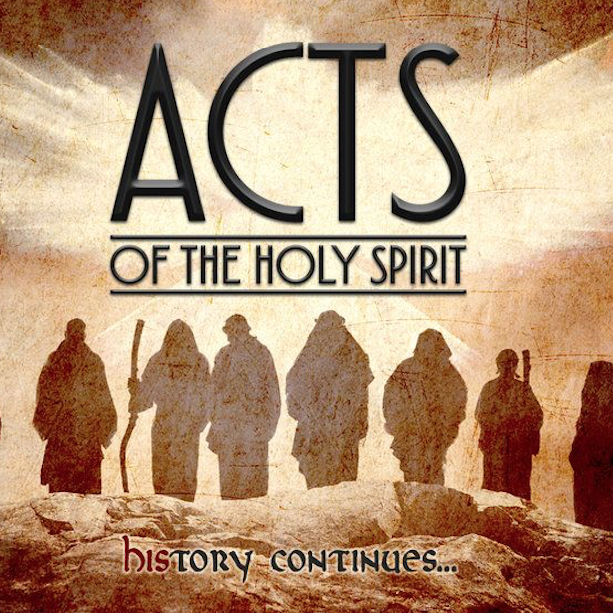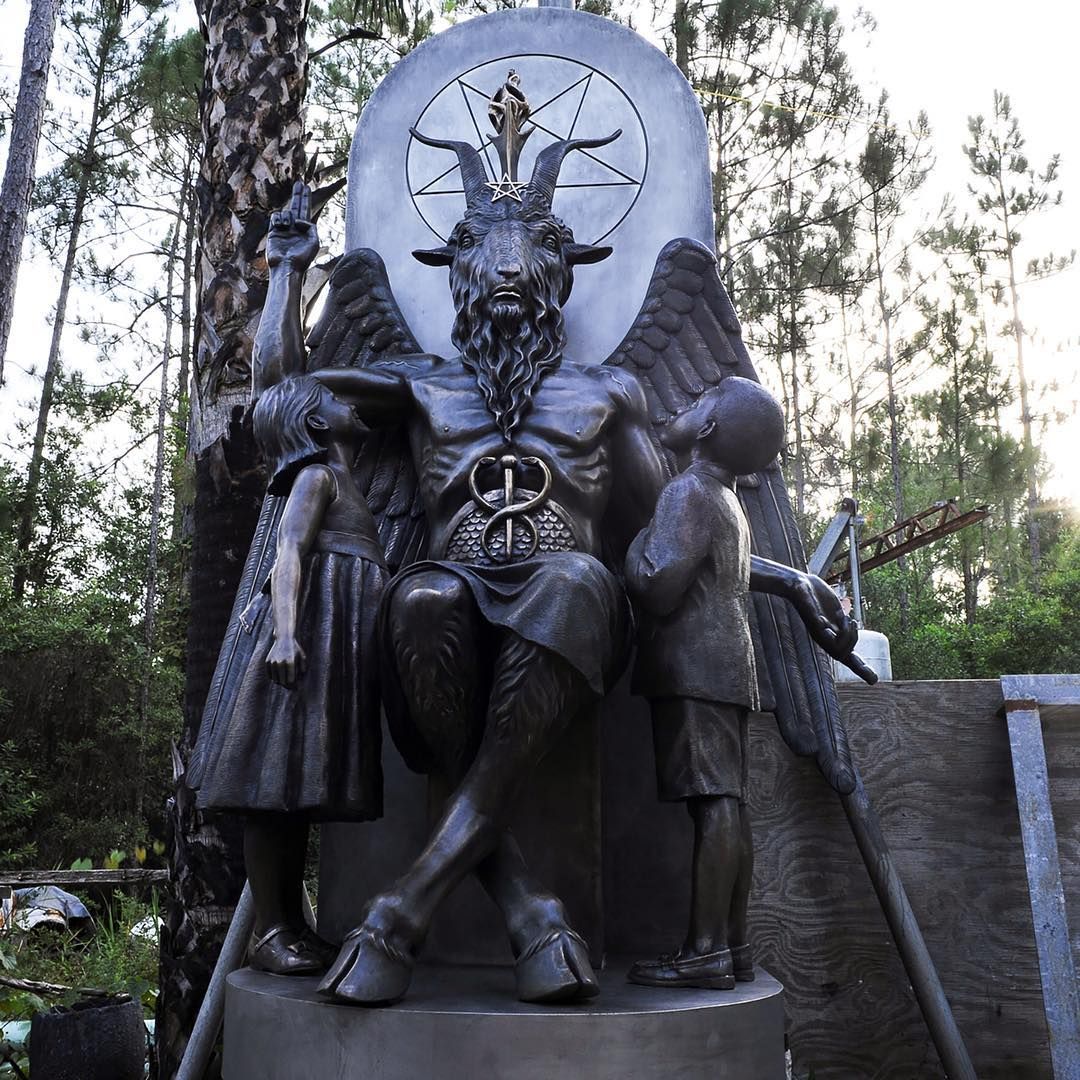- Mar 5, 2024
- 2,095
- 1,098
Mastering Endurance, Like An Athlete Training For Glory, Part 1

Since ancient times, runners sought fame and honor by winning great contests of endurance. Those who won events like the Greek marathons were not only given financial rewards but attained glory for themselves and the cities they came from. On their return home, they were heralded for their victories, and statues were sometimes built in their honor.
Some are still honored in this way today such as the man above. It's a statue of Canadian runner Harry Jerome, who set a number of world records during his era. Though James will not mention athletes directly in this opening section of his letter, it quickly becomes apparent this was the analogy he was using in reference to believers, since he will later state that those who endure hardships as Christians will be granted with "the crown of life, which the Lord promised to those who love Him" (James 1:12). As we will get into, a recurring theme in this letter was the need to perfect endurance, and not allow what anyone might do or say to cause us to become bitter, lest we sin against them through retaliation.
James was the earliest letter of the New Testament. The gospel had not yet even been proclaimed to the Gentiles, so it was sent exclusively to Jewish believers dispersed throughout the world as a result of the Gentile conquests of Israel. They had been scattered to other nations in search of safer places to live, so James was now writing from Jerusalem to "the twelve tribes in the dispersion."
James, a slave of God and of the Lord Jesus Christ, unto the twelve tribes in the dispersion, greeting. My brothers, esteem it all joy when you fall into various trials, knowing that the proving of your faith builds up endurance. But let endurance have its perfected work, that you reach full potential and development, not falling short in any circumstance. (James 1:1-4)
From the start, James was trying to implant in his readers a mentality that embracedhardships rather than run from them. An Olympian athlete actually wanted his body to be pushed to its limits, because he knew it was the only way he might be able to perfect the endurance needed to withstand a twenty-eight mile run. Christians likewise needed to perfect the ability to withstand things like abuses and insults, because even worse things were coming. Persecution was soon heading the church's way. The Lord Jesus Christ had prophesied this (Matthew 5:10-12), and within another few years of this letter's writing persecution would break out in Jerusalem against the church.
The following describes what took place just a few years after James wrote this letter:
But about that time Herod the king put forth his hands to harm some of those from among the church. And He put James, the brother of John, to death with the sword. And having seen that this was acceptable to the Jews, he proceeded to arrest Peter also… whom, having seized, he put in prison as well. (Acts 12:1-4a)
This persecution against the church intensified to the point that many of the apostles were eventually driven out of Jerusalem. As Paul would later write to the Thessalonians:
For you, brothers, became imitators of the churches of God which are in Judea in Christ Jesus, in that you also suffered the same things from your own countrymen as they did from the Jews, who both killed the Lord Jesus and the prophets, and drove us out, and are not acceptable to God and contrary to all men, forbidding us to speak to the Gentiles so that they might be saved, to fill up their sins always. (1 Thessalonians 2:14-16)
This then is why the early church needed to be developing an overcomer's attitude towards trials, and why James' letter was so timely. Many were already facing great trials at the hands of the rich and powerful in Judea, and some were being subjected to the worst forms of spiritual, financial and judicial abuse, so there was already a need for teaching endurance in the face of tests and trials.
The Types Of Trails Believers Were Facing
James mentioned "various" kinds of trials, so what sorts of hardships was he referring to specifically? As stated, persecution was something believers had to be prepared to endure, and the apostle Peter warned about it using much the same terminology. Believers needed to embrace the "proving of their faith," for chances were good that they would be "put to grief through various trials," and persecution might be among them:
[Your] salvation is ready to be revealed in the last time, regarding which you exult, though now if necessary for a little while having been put to grief through various trials, so that the proving of your faith, much more precious than perishing gold and proven by fire, may be found unto praise and honor and glory at the revelation of Jesus Christ… receiving the end of your faith, the salvation of your souls, regarding which salvation the prophets, having prophesied of the grace predestined for you, undertook research and investigation, searching into the time and circumstances the Spirit of Christ within them was disclosing when He testified beforehand of the sufferings [that would take place] until the coming of Christ, and the glories afterwards. (1 Peter 1:5b-7, 9-11)
In the set of studies on 1st Peter I will cover it more, but the "sufferings" Peter was talking about here were persecutions the saints would endure in advance of the coming of the Antichrist, as prophesied in Daniel, Chapter 7:
Then I enquired carefully concerning the fourth beast... And he said, "The fourth beast shall be the fourth kingdom on the earth, which shall exceed all other kingdoms, and shall devour the whole earth, and trample and destroy it… And [the little horn] shall speak words against the Most High, and wear out the saints of the Most High… and power shall be given into his hand for a time and times and half a time. But the judgment has sat, and they shall remove his dominion to abolish it, and to destroy it utterly. And the kingdom and the power and the greatness of the kings that are under the whole heaven were given unto the saints of the Most High." (Daniel 7:19, 23, 25-27a)
The "glories" the saints would receive afterwards would be when their sufferings were finally over, and their faith had been purified like gold tried in the fires of adversity. They would attain dominion, because the kingdoms of this world would be handed over to the saints of the Most High God, and theirs would be an eternal kingdom. But in this life they would have to endure some sufferings first, because they would first and foremost experience the proving of their faith through persecutions.
Financial Exploitation
But there were others. Financial exploitation of the poor was also going at this time, as evidenced by the following statement in James Chapter 5, where he chastised the rich for exploiting the poor:
You hoarded up treasure in the last days. Behold, the pay of the workmen who harvested your fields is crying out, having been kept back by you, and the cries of those who reaped your fields have entered into the ears of the Lord of Hosts. (James 5:3-4)
In other words, the rich were robbing laborers out of their wages by withholding pay, probably by making excuses that the harvest had not yet been profitable enough. The financial exploitation of the poor appears to have been common place for many years leading up to this time, for God warned the rich about this practice centuries before through the prophet Malachi:
"I will draw near unto you in judgment, and I will be a swift witness... against those who swear falsely by My name, and those who keep back the hireling's wages, and those who oppress the widow and strike orphans with the fist, and turn away the legal case of the stranger, and do not fear Me," says the Lord Almighty. (Malachi 3:5)
Swearing falsely, i.e. in court, and turning away the case of strangers, and oppressing widows and orphans were all perversions of the Jewish legal system, which as we shall see next was yet another trial early believers were having to endure at the hands of the rich.
Continued next post...

Since ancient times, runners sought fame and honor by winning great contests of endurance. Those who won events like the Greek marathons were not only given financial rewards but attained glory for themselves and the cities they came from. On their return home, they were heralded for their victories, and statues were sometimes built in their honor.
Some are still honored in this way today such as the man above. It's a statue of Canadian runner Harry Jerome, who set a number of world records during his era. Though James will not mention athletes directly in this opening section of his letter, it quickly becomes apparent this was the analogy he was using in reference to believers, since he will later state that those who endure hardships as Christians will be granted with "the crown of life, which the Lord promised to those who love Him" (James 1:12). As we will get into, a recurring theme in this letter was the need to perfect endurance, and not allow what anyone might do or say to cause us to become bitter, lest we sin against them through retaliation.
James was the earliest letter of the New Testament. The gospel had not yet even been proclaimed to the Gentiles, so it was sent exclusively to Jewish believers dispersed throughout the world as a result of the Gentile conquests of Israel. They had been scattered to other nations in search of safer places to live, so James was now writing from Jerusalem to "the twelve tribes in the dispersion."
James, a slave of God and of the Lord Jesus Christ, unto the twelve tribes in the dispersion, greeting. My brothers, esteem it all joy when you fall into various trials, knowing that the proving of your faith builds up endurance. But let endurance have its perfected work, that you reach full potential and development, not falling short in any circumstance. (James 1:1-4)
From the start, James was trying to implant in his readers a mentality that embracedhardships rather than run from them. An Olympian athlete actually wanted his body to be pushed to its limits, because he knew it was the only way he might be able to perfect the endurance needed to withstand a twenty-eight mile run. Christians likewise needed to perfect the ability to withstand things like abuses and insults, because even worse things were coming. Persecution was soon heading the church's way. The Lord Jesus Christ had prophesied this (Matthew 5:10-12), and within another few years of this letter's writing persecution would break out in Jerusalem against the church.
The following describes what took place just a few years after James wrote this letter:
But about that time Herod the king put forth his hands to harm some of those from among the church. And He put James, the brother of John, to death with the sword. And having seen that this was acceptable to the Jews, he proceeded to arrest Peter also… whom, having seized, he put in prison as well. (Acts 12:1-4a)
This persecution against the church intensified to the point that many of the apostles were eventually driven out of Jerusalem. As Paul would later write to the Thessalonians:
For you, brothers, became imitators of the churches of God which are in Judea in Christ Jesus, in that you also suffered the same things from your own countrymen as they did from the Jews, who both killed the Lord Jesus and the prophets, and drove us out, and are not acceptable to God and contrary to all men, forbidding us to speak to the Gentiles so that they might be saved, to fill up their sins always. (1 Thessalonians 2:14-16)
This then is why the early church needed to be developing an overcomer's attitude towards trials, and why James' letter was so timely. Many were already facing great trials at the hands of the rich and powerful in Judea, and some were being subjected to the worst forms of spiritual, financial and judicial abuse, so there was already a need for teaching endurance in the face of tests and trials.
The Types Of Trails Believers Were Facing
James mentioned "various" kinds of trials, so what sorts of hardships was he referring to specifically? As stated, persecution was something believers had to be prepared to endure, and the apostle Peter warned about it using much the same terminology. Believers needed to embrace the "proving of their faith," for chances were good that they would be "put to grief through various trials," and persecution might be among them:
[Your] salvation is ready to be revealed in the last time, regarding which you exult, though now if necessary for a little while having been put to grief through various trials, so that the proving of your faith, much more precious than perishing gold and proven by fire, may be found unto praise and honor and glory at the revelation of Jesus Christ… receiving the end of your faith, the salvation of your souls, regarding which salvation the prophets, having prophesied of the grace predestined for you, undertook research and investigation, searching into the time and circumstances the Spirit of Christ within them was disclosing when He testified beforehand of the sufferings [that would take place] until the coming of Christ, and the glories afterwards. (1 Peter 1:5b-7, 9-11)
In the set of studies on 1st Peter I will cover it more, but the "sufferings" Peter was talking about here were persecutions the saints would endure in advance of the coming of the Antichrist, as prophesied in Daniel, Chapter 7:
Then I enquired carefully concerning the fourth beast... And he said, "The fourth beast shall be the fourth kingdom on the earth, which shall exceed all other kingdoms, and shall devour the whole earth, and trample and destroy it… And [the little horn] shall speak words against the Most High, and wear out the saints of the Most High… and power shall be given into his hand for a time and times and half a time. But the judgment has sat, and they shall remove his dominion to abolish it, and to destroy it utterly. And the kingdom and the power and the greatness of the kings that are under the whole heaven were given unto the saints of the Most High." (Daniel 7:19, 23, 25-27a)
The "glories" the saints would receive afterwards would be when their sufferings were finally over, and their faith had been purified like gold tried in the fires of adversity. They would attain dominion, because the kingdoms of this world would be handed over to the saints of the Most High God, and theirs would be an eternal kingdom. But in this life they would have to endure some sufferings first, because they would first and foremost experience the proving of their faith through persecutions.
Financial Exploitation
But there were others. Financial exploitation of the poor was also going at this time, as evidenced by the following statement in James Chapter 5, where he chastised the rich for exploiting the poor:
You hoarded up treasure in the last days. Behold, the pay of the workmen who harvested your fields is crying out, having been kept back by you, and the cries of those who reaped your fields have entered into the ears of the Lord of Hosts. (James 5:3-4)
In other words, the rich were robbing laborers out of their wages by withholding pay, probably by making excuses that the harvest had not yet been profitable enough. The financial exploitation of the poor appears to have been common place for many years leading up to this time, for God warned the rich about this practice centuries before through the prophet Malachi:
"I will draw near unto you in judgment, and I will be a swift witness... against those who swear falsely by My name, and those who keep back the hireling's wages, and those who oppress the widow and strike orphans with the fist, and turn away the legal case of the stranger, and do not fear Me," says the Lord Almighty. (Malachi 3:5)
Swearing falsely, i.e. in court, and turning away the case of strangers, and oppressing widows and orphans were all perversions of the Jewish legal system, which as we shall see next was yet another trial early believers were having to endure at the hands of the rich.
Continued next post...
Last edited:










